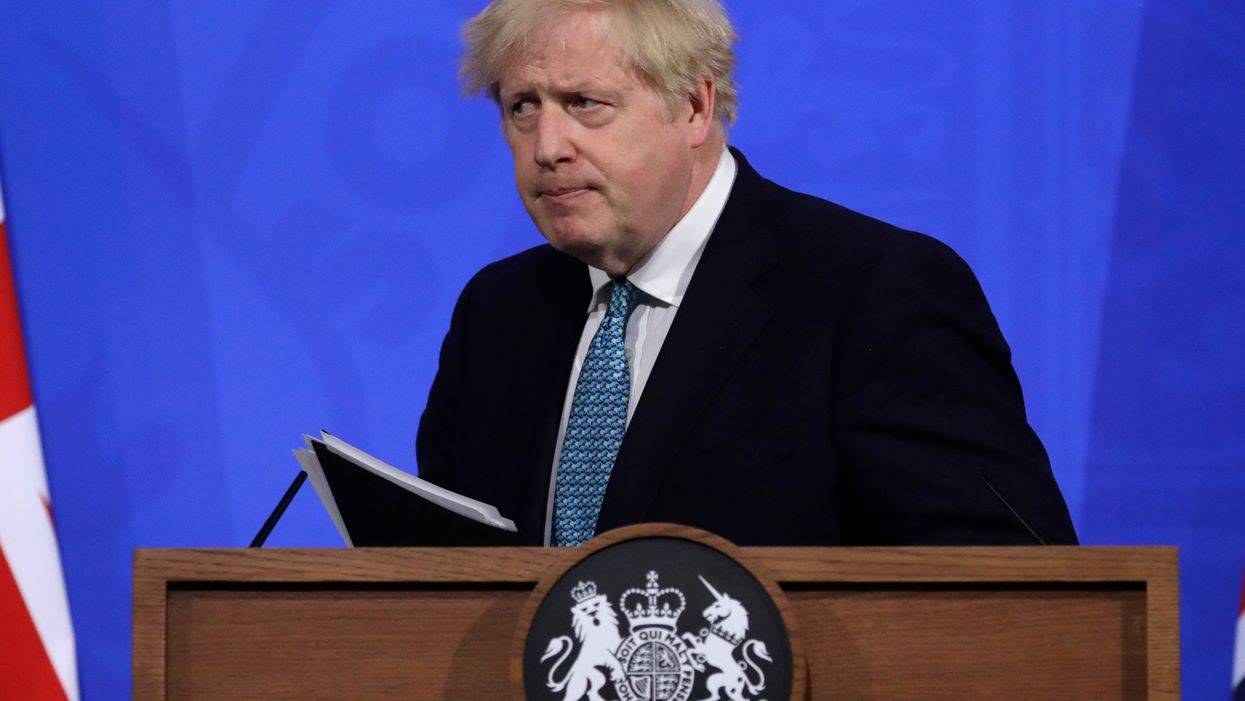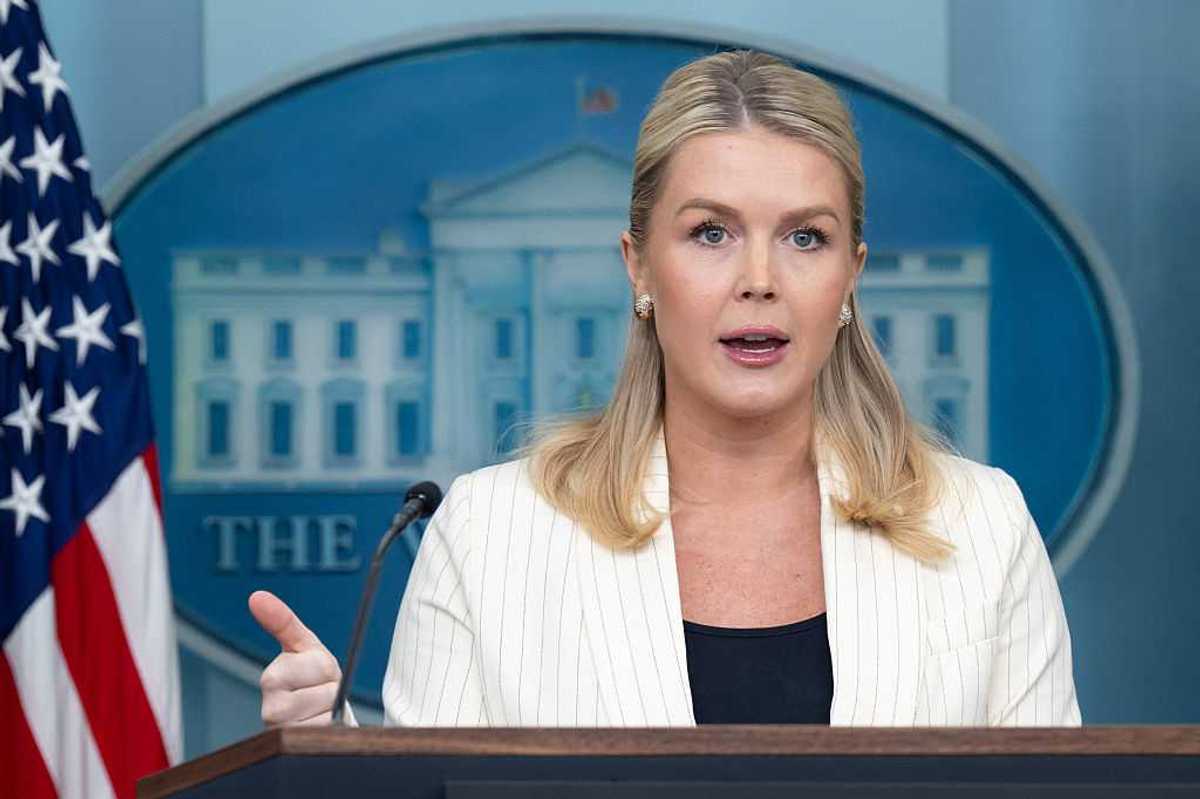Warnings over Monday’s lockdown easing are intensifying as cases of the so-called Indian variant continue to mount.
New Covid-19 cases involving the strain have more than doubled in a week as Boris Johnson admitted it could pose a “serious disruption to our progress” coming out of lockdown.
The Prime Minister is also facing criticism for delaying travel restrictions on India last month, despite the threat of the “variant of concern” which was tearing through the country.
England’s chief medical officer, Professor Chris Whitty, has warned that the most worrying Indian strain – which is technically called B1617.2 – may be more than 50 per cent more transmissible than the Kent variant, which has swept the world since it was identified at the end of last year.
So how worried should we be about the Indian variant? And what could it mean for our summer plans? Here’s everything you need to know.
How many cases have been detected in the UK?
So far at least 1,300 cases of B1617.2 have been detected across the country.
These have been found in 105 local authorities in England, with the majority in the North West – mainly in Bolton, Sefton in Merseyside, Blackburn in Lancashire.
However, there is a “realistic possibility” that the Indian coronavirus variant could be as much as “50 per cent more transmissible” than the Kent strain, the Scientific Advisory Group for emergencies (Sage) has said, prompting concerns the variant could “dominate” over the others in the UK.
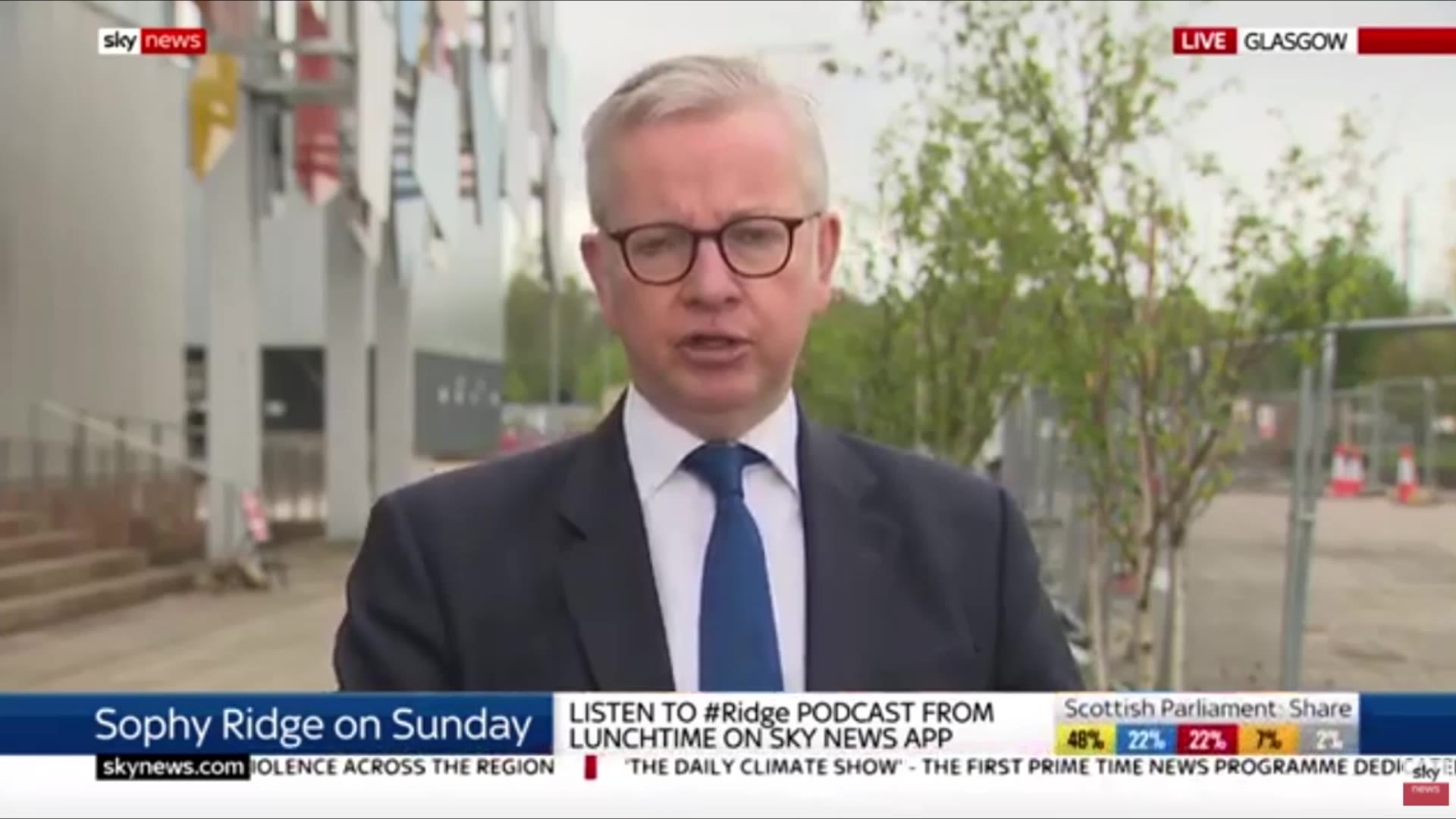
So how serious is this?
It depends. If the vaccine successfully breaks the link between infections and death, then the consequences of high case rates are less significant.
But the population is far from entirely vaccinated, so high transmission rates could still place the NHS under intense pressure. Official data on Saturday showed 68.6 per cent of UK adults have so far received a single dose of a vaccine, while 36.7 per cent have received both.
Modelling suggests that if transmission rises by less than 20 per cent, compared with the Kent variant, the risk won’t be too big, The Times reports.
If it goes above this, the situation will be more serious.
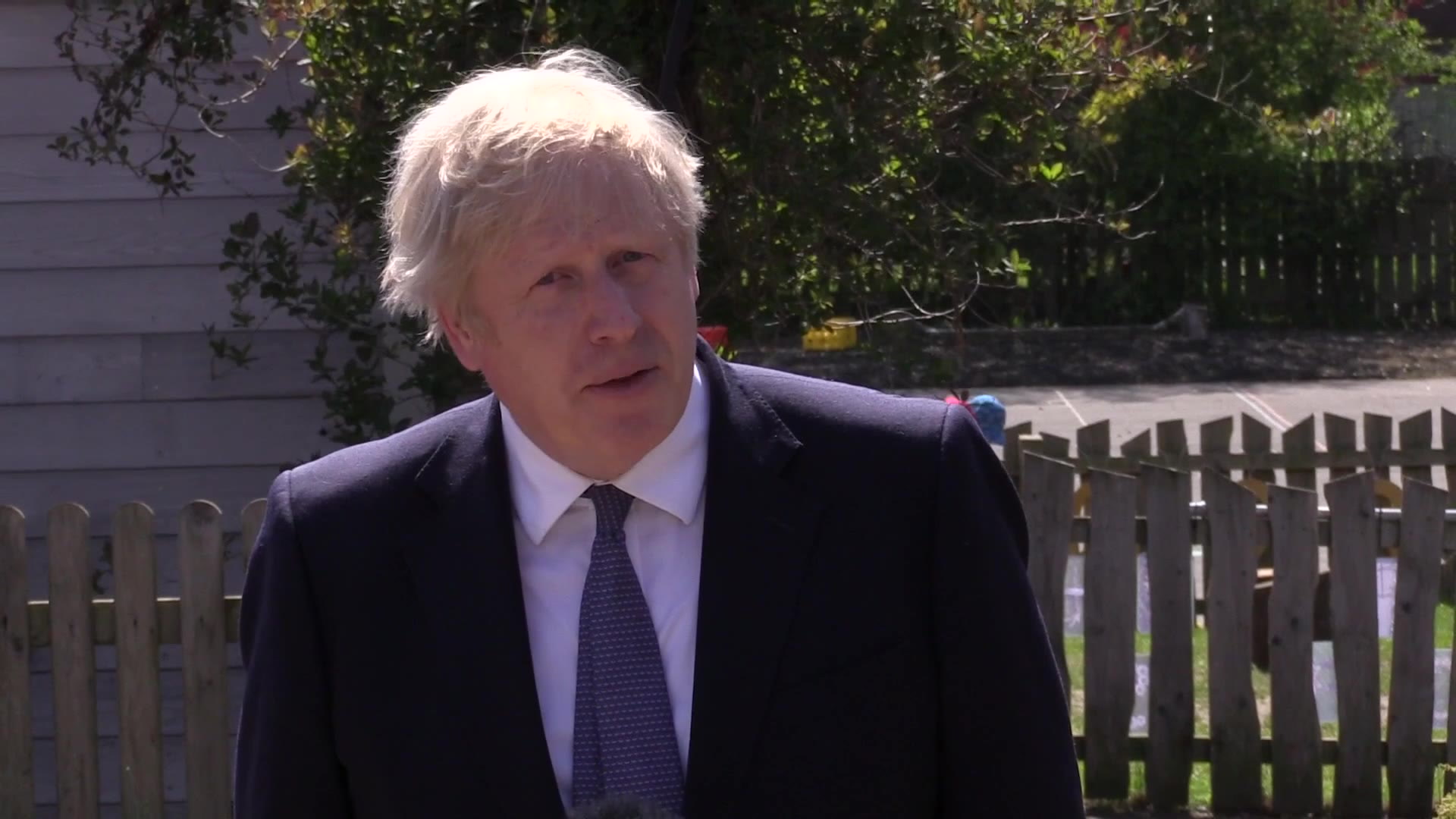
What is being done to tackle it?
The Prime Minister told a Downing Street press conference on Friday that second doses of the coronavirus vaccines – which give people maximum protection against Covid-19 – will be brought forward from the planned 12-week interval to eight weeks.
First doses are also being prioritised for anyone eligible who has not yet come forward including the over 40s.
But Prof Whitty said local “surge vaccinations”, which would make first doses more widely available by offering them to all over-18s, was not being pursued because there is a “finite” supply of doses and that younger people were at less risk from the virus.
Mobile testing units have been deployed in Bolton and door-to-door PCR Covid-19 testing has been offered to 22,000 residents.
A vaccine bus has been set up to increase uptake among those who are eligible and a rapid response team of 100 nurses, public health advisers and environmental health officers has been sent in.
The PM said the army would be deployed on the streets of Blackburn and Bolton handing out tests to help surge testing efforts, while vaccination centres will extend their opening hours.
Surge testing has also been deployed in Sefton, after cases of the Indian variant were confirmed in the Formby area, as well as in parts of London.
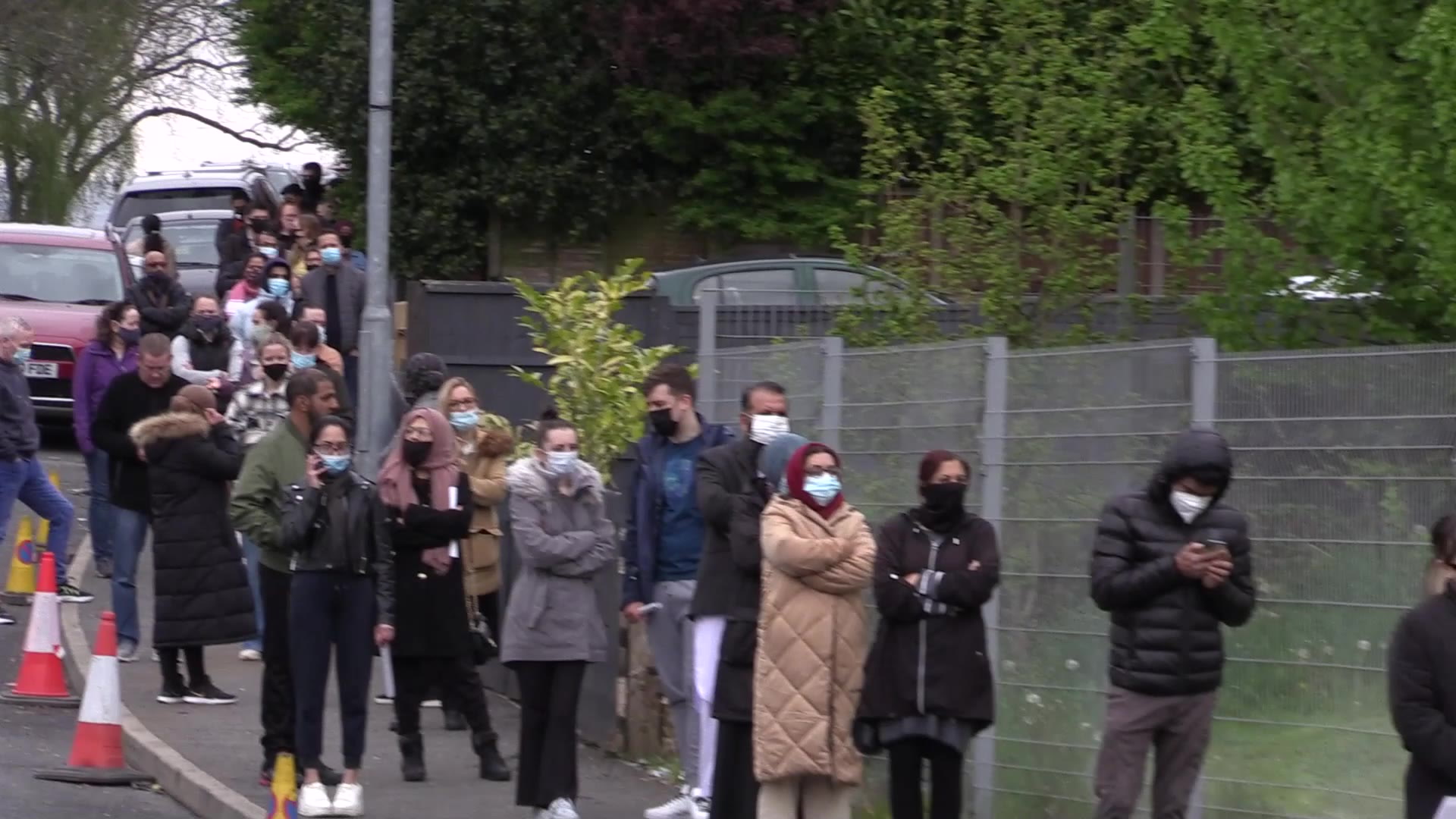
Will bringing forward second jabs help tackle the rise?
When the national vaccine programme began in the UK, officials took the bold decision to delay administering booster shots so that elderly and vulnerable people could more quickly receive their first shots.
Studies have since shown that giving the second dose 12 weeks after the first, instead of 21 days, can produce a stronger immune response.
Thus it remains to be seen whether bringing forward the date of the second dose will help curb rising infections.
The PM said: “I believe we should trust in our vaccines to protect the public whilst monitoring the situation as it develops very closely because the race between our vaccination programme and the virus may be about to become a great deal tighter and it’s more important than ever therefore that people get the protection of a second dose.”
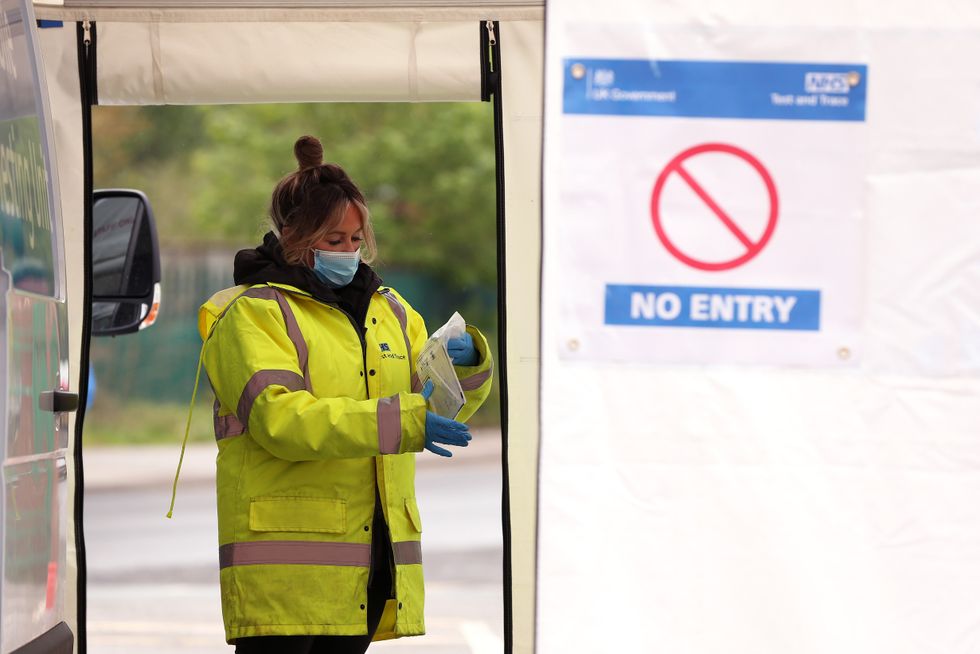
Will vaccines still work?
At present, there is no evidence the B1617.2 variant is resistant to current vaccines.
Although deemed to be more transmissible, it does not feature the E484K mutation found in the South African variant of the virus, which could help the virus evade a person’s immune system and may affect how well coronavirus vaccines work.
Professor Robert Dingwall, who is a member of Nervtag (New and Emerging Respiratory Virus Threats Advisory Group), said: “This variant seems to be better managed by the vaccines than the South African variant so that vaccinated people have only a very low risk of infection that is likely to be mild.”
On Sunday, Health Secretary Matt Hancock said there is a “high degree of confidence” that the current jabs work against the Indian variant.
He told Sky’s Sophy Ridge: “There’s new very early data out from Oxford University, and I would stress that this is from the labs, it’s not clinical data, and it’s very early.
“But it does give us a degree of confidence that the vaccines work against this Indian variant, but it is clearly more transmissible and has been spreading fast in the groups where there’s a cluster.
“That means that we can stay on course with our strategy of using the vaccine to deal with the pandemic and opening up carefully and cautiously but we do need to be really very vigilant to the spread of the disease.
“We have a high degree of confidence that the vaccine will overcome.”
Why is the PM not pausing the unlocking?
The Government is sticking with plans to allow mixing indoors and physical contact in England, with health minister Edward Argar insisting they are acting “calmly” over the threat.
Ministers accept that plans to end all legal restrictions on June 21 are in jeopardy, but Argar said the existing data suggests “there is no evidence of increased severity of illness or that it evades the vaccine”.
“So, at the moment, on the basis of the evidence we are doing the right thing, coolly, calmly continuing with Monday, but keeping everything under review,” he told BBC Breakfast last week.
Johnson told Friday’s press conference that he was willing to “trust in our vaccines” and surveillance – for now, anyway.
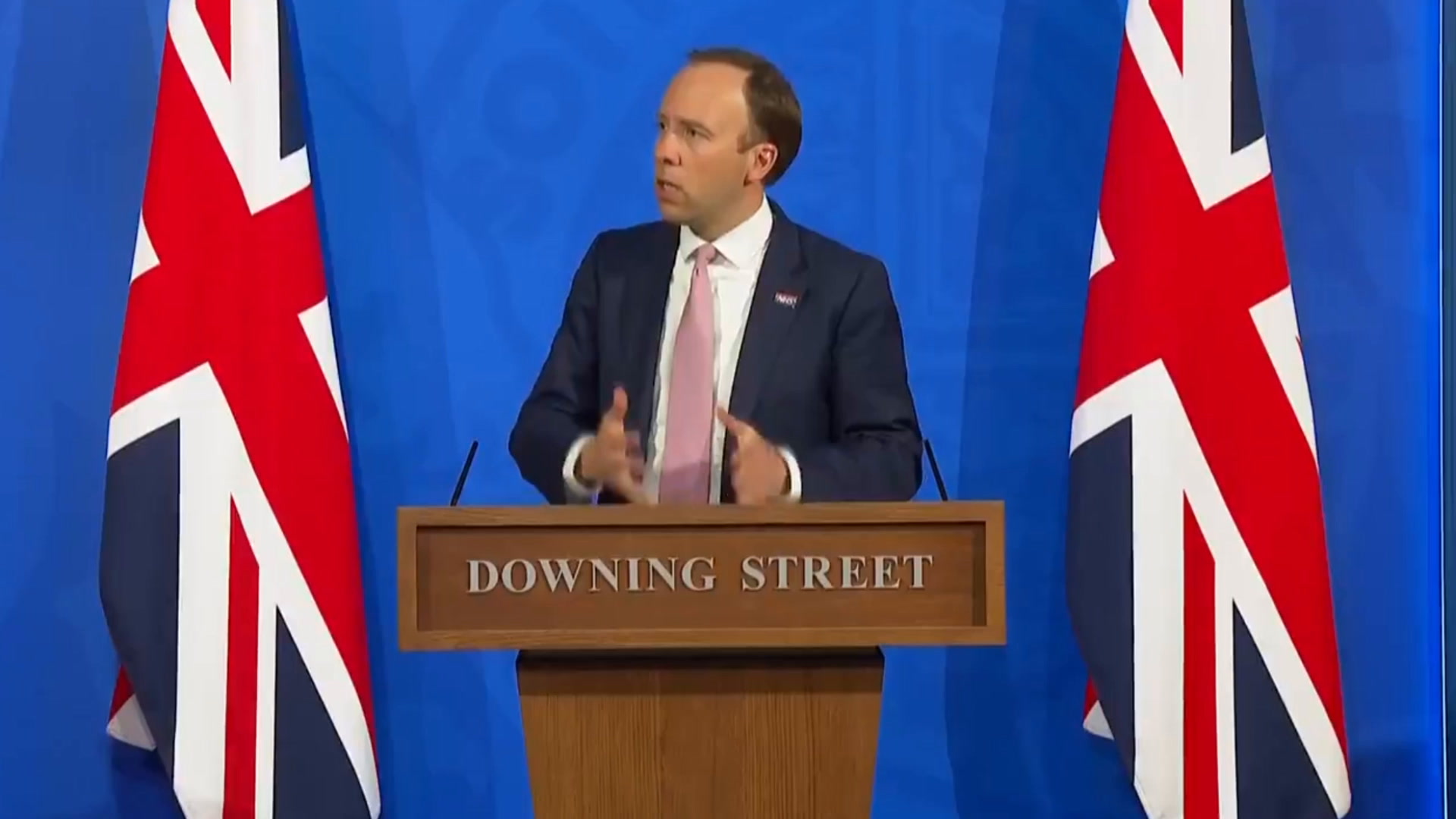
And what do the experts say?
A growing number of scientists don’t support the May 17 lockdown relaxation.
They have called for a delay in the third stage of the road map as medics described the step as a “real worry”.
If the higher transmissibility is confirmed, the experts said moving to step three could “lead to a substantial resurgence of hospitalisations” that is “similar to, or larger than, previous peaks”.
Sage’s Professor Susan Michie said the Government should suspend the unlocking, the Sunday Times reported.
“If we are following data not dates, it is surprising that the road map is going ahead without adjustment,” the University College London academic said.
“Opening indoor hospitality venues has the potential to increase Covid-19 transmission.”
Meanwhile, Professor Kit Yates, a member of the Independent Sage committee of experts, suggested a delay of a fortnight would buy the nation valuable time to progress with the vaccine programme.
“The more people we can vaccinate, the safer we become,” he told the Observer.
“Even a couple of weeks at this point could make a huge difference in the face of this seemingly more transmissible variant. A pause would also buy us time to understand more about the properties of the variant, which would put us in a better position to plan what comes next.”
The BMA’s public health medicine committee co-chairman Dr Richard Jarvis urged the public to take a “cautious approach” to social and physical contact.
“It is a real worry that when further measures lift on May 17, the majority of younger people, who are often highly socially mobile and could therefore be most at risk of a more infectious strain, are not yet vaccinated,” he said.
Monday’s easing in England will allow people to socialise indoors in homes, pubs and restaurants, and will permit physical contact between households for the first time in more than a year.
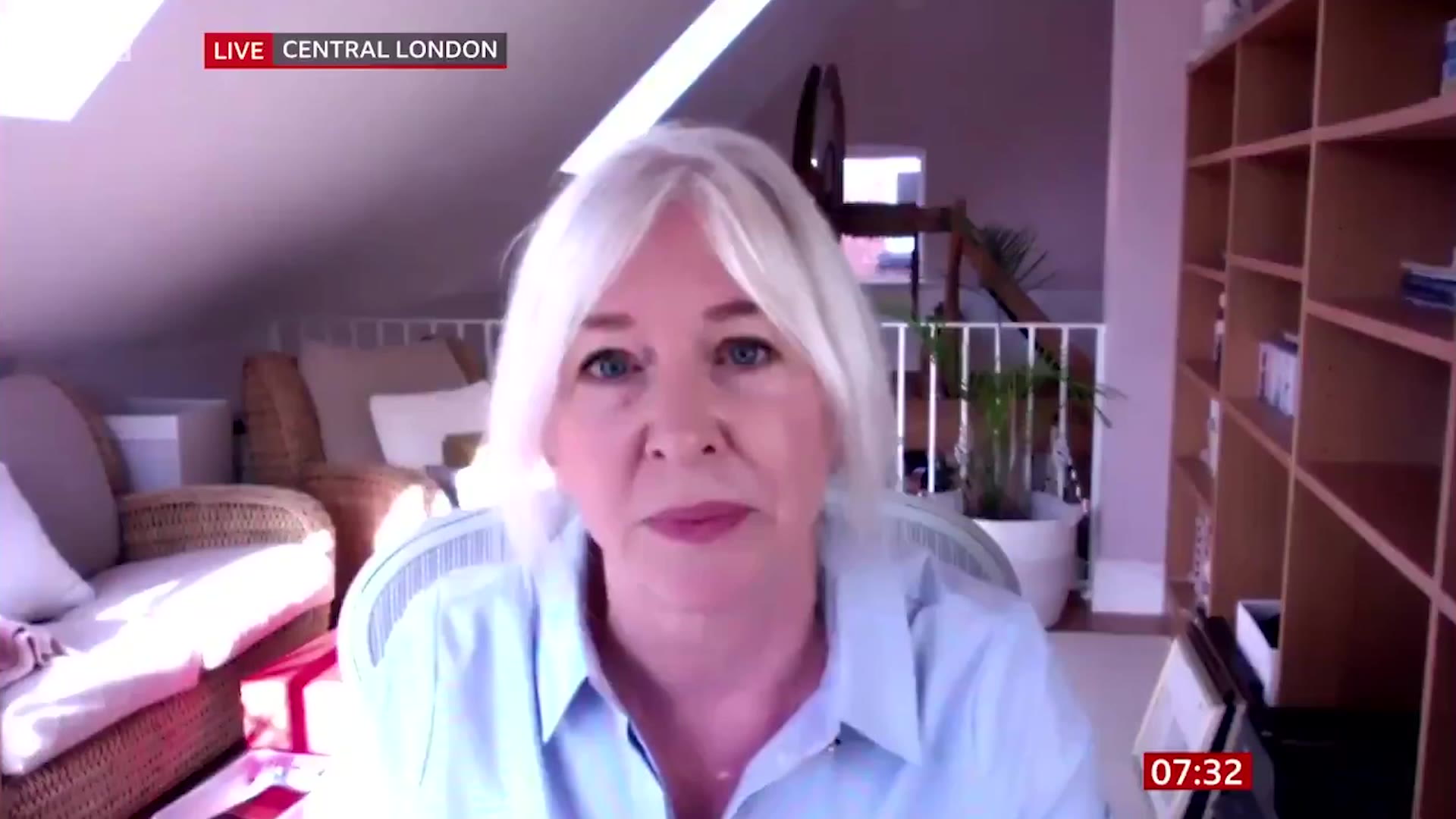
So how worried should we be?
There are still a lot of questions to be answered, but confidence in the planned summer of freedom after June 21, has definitely been shaken.
As the Prime Minister said: “The race between our vaccination programme and the virus may be about to become a great deal tighter.”
